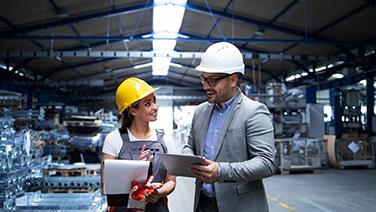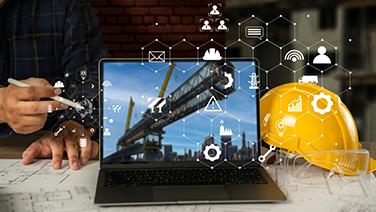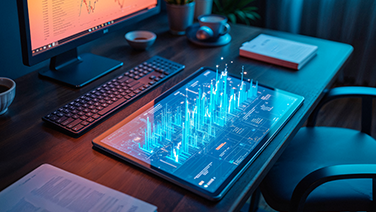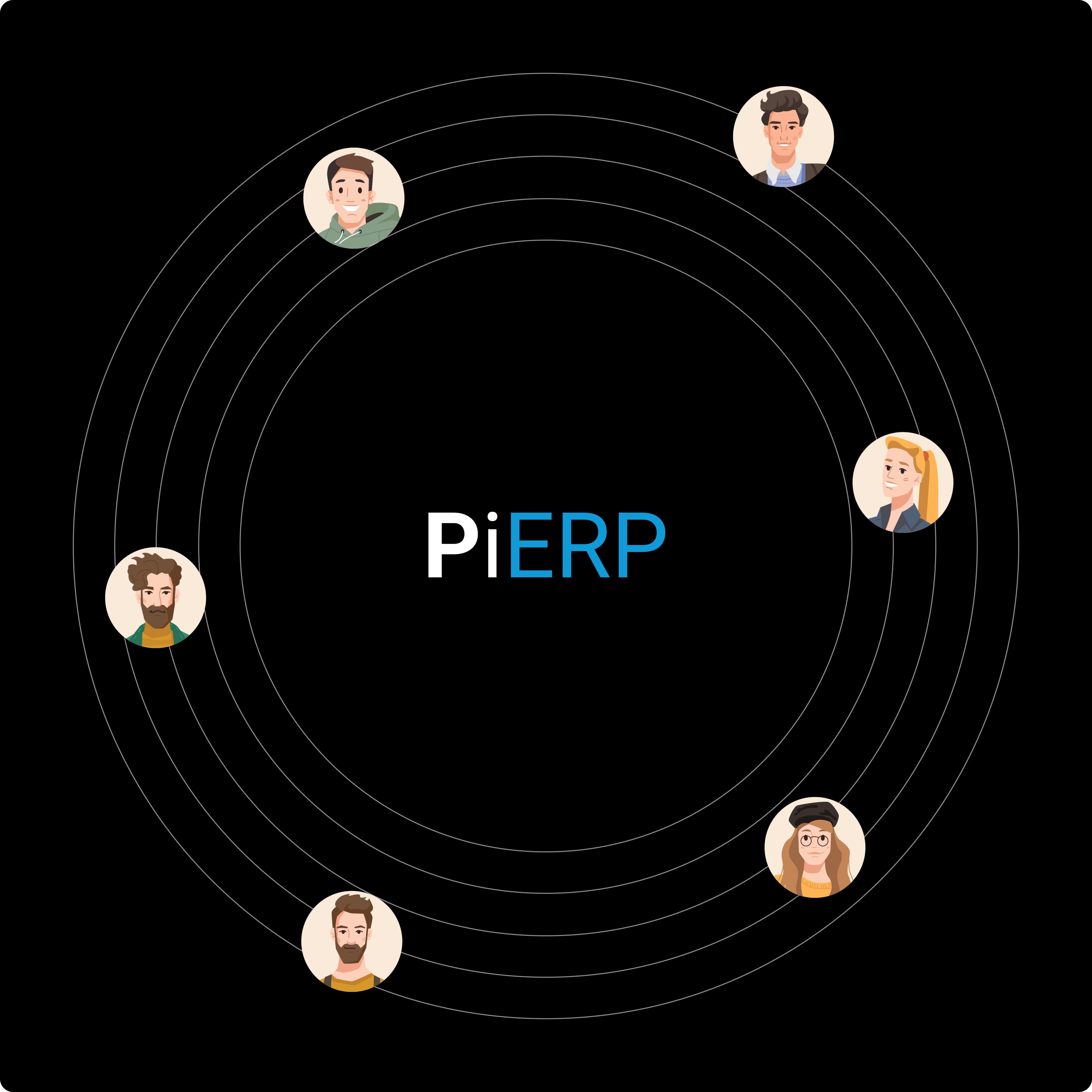In today’s environmentally conscious world, sustainability is no longer just an ethical choice—it’s a business imperative. Organizations across sectors are seeking smarter ways to minimize their carbon footprint, optimize resource consumption, and operate responsibly. The integration of Artificial Intelligence (AI) within Enterprise Resource Planning (ERP) systems has emerged as a powerful solution to achieve these sustainability goals.
PiERP, an AI-driven ERP solution, empowers industries to operate efficiently while aligning with global sustainability standards.
1. Optimizing Resource Utilization with AI-Driven Insights
AI algorithms in ERP systems can analyze vast datasets in real-time to identify inefficiencies in resource usage—be it materials, water, or energy. By forecasting demand, monitoring consumption patterns, and recommending smarter alternatives, PiERP’s ERP modules help businesses reduce waste and control operational costs.
For example, a manufacturing ERP module can detect when machines consume excess power and suggest adjustments or predictive maintenance to lower energy usage.
2. Reducing Waste Through Predictive Planning
AI-enabled ERP solutions make predictive planning a cornerstone of sustainable business. By analyzing historical production, logistics, and sales data, the system predicts demand more accurately—reducing overproduction and inventory waste.
With PiERP’s AI-based ERP, businesses can plan production cycles more efficiently, minimizing material wastage and transportation emissions.
3. Streamlining Supply Chain for a Greener Future
Sustainability begins at the source. Through AI-driven supply chain management, ERP systems can evaluate supplier performance not only in terms of cost but also environmental compliance.
PiERP’s Supply Chain Management Module helps organizations choose eco-friendly vendors, optimize transport routes, and monitor carbon emissions—ensuring every part of the value chain supports the company’s green initiatives.
4. Smart Energy Management with IoT and AI
When AI in ERP integrates with IoT devices, companies can monitor energy usage in real-time and implement corrective measures automatically. For instance, systems can adjust HVAC operations, lighting, or machine runtime based on real-time occupancy and production requirements.
PiERP’s intelligent automation allows energy-efficient operations without compromising productivity—making it ideal for manufacturing plants, logistics hubs, and retail environments.
5. Sustainability Reporting Made Simple
Compliance and transparency are key components of sustainable growth. Traditional sustainability reporting can be complex and time-consuming, but AI-powered ERP simplifies the process by automatically collecting and analyzing environmental metrics—such as energy use, waste levels, and emissions.
With PiERP’s analytics dashboard, leaders can track sustainability KPIs, generate reports for audits, and make data-driven decisions to meet ESG (Environmental, Social, and Governance) goals.
6. Industry Applications: From Manufacturing to Retail
Whether in manufacturing, agriculture, healthcare, or retail, sustainability-focused ERP systems are transforming operations:
- Manufacturing: Predictive maintenance and optimized production schedules reduce waste.
- Retail: AI helps manage sustainable inventory and lower return-related waste.
- Agriculture: Smart ERP helps monitor water use, fertilizer application, and yield optimization.
- Healthcare: AI aids in managing medical waste and improving resource allocation.
PiERP’s adaptable architecture ensures that sustainability can be embedded into the DNA of every industry workflow.
Conclusion:
The fusion of AI and ERP is revolutionizing how businesses achieve sustainable growth. From energy efficiency to ethical sourcing, these intelligent systems empower companies to minimize their environmental impact while maximizing operational efficiency.
With PiERP’s AI-powered ERP solution, organizations can move beyond compliance and truly lead the way in responsible innovation—building a greener, smarter, and more sustainable future.






